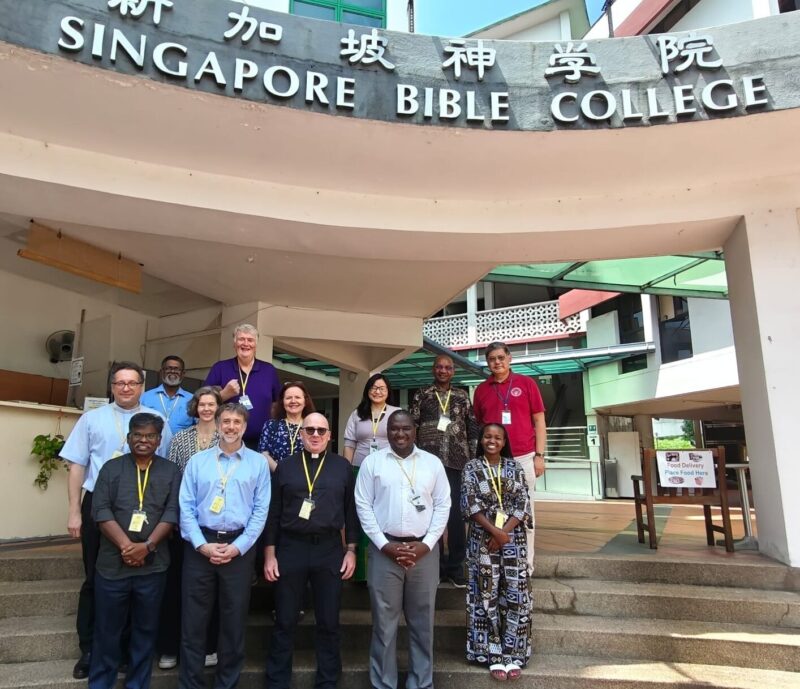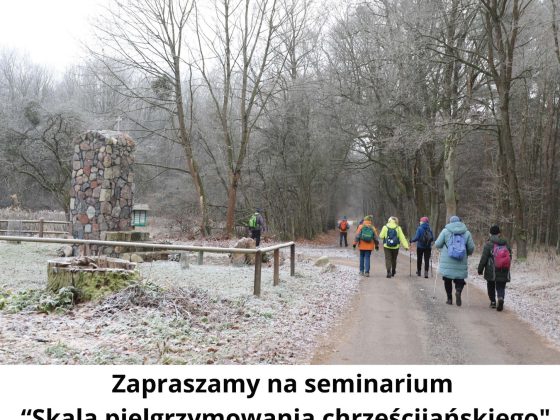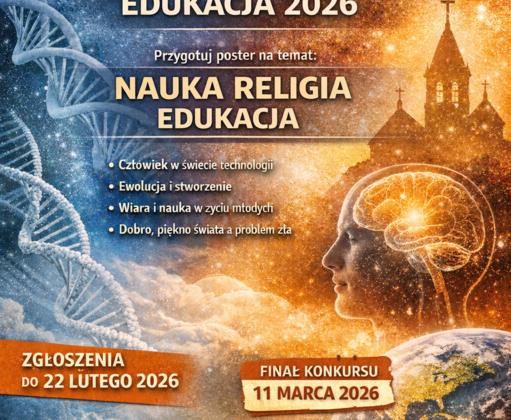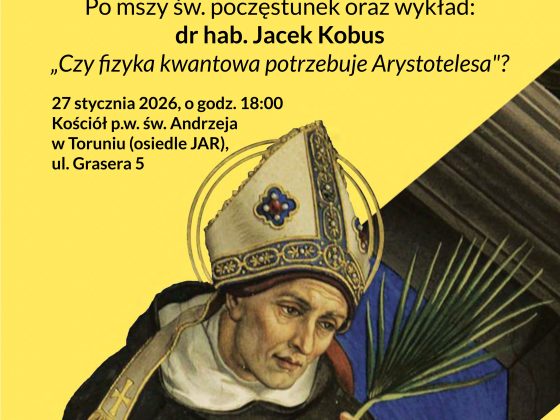This is a guest post from Dr Beata Królicka, part of ECLAS Central Europe at Nicolaus Copernicus University in Toruń, Poland.
In October, colleagues from ECLAS’ five global hubs came together in Singapore, hosted by Singapore Bible College. As well as planning for the next two years, conversations focused on our core research question: “How does context give challenges and opportunities for equipping Christian leadership in an age of science?”.
Against this backdrop, I had the opportunity to join the gathering as a member of ECLAS Central Europe. Spending a few days in Singapore with colleagues from the five hub teams proved to be an experience that not only shifted the rhythm of the project but also deepened my understanding of its purpose. I had the pleasure of travelling with the Rev. Prof. Piotr Roszak, co-director of ECLAS Central Europe, and the Rev. Dr Tomasz Huzarek, the Rector of the Major Seminary in Pelplin.
Although all the hubs have been working together online for months, the gathering offered something that virtual meetings rarely provide: the chance to see the group’s dynamics unfold, to observe how different research cultures interact, and to engage in conversations that simply cannot develop with the same depth on screen. From the outset, the event was organised to take stock of the network’s progress and to outline activities planned for the years ahead. A substantial part of the programme focused on reviewing the work completed within each hub. An equally important element was the final refinement of the questionnaire for the quantitative phase of the project. We also worked on the preliminary agenda for a conference in Durham in September 2026 and reflected on how to ensure that our collaboration remains strong beyond 2027.
These discussions were intense, and at times demanding, yet they were consistently marked by a cooperative atmosphere. The diversity of the network — spanning several countries and three continents — proved to be an asset rather than a challenge. Each hub brought its own cultural, social, and religious perspectives. As a sociologist, I found this diversity striking. It prompted us to articulate assumptions that might otherwise remain implicit. In practical terms, this meant rephrasing questions, negotiating terminology, and ensuring that the tools we develop remain meaningful across different contexts. It also meant recognising how much we gain from perspectives that emerge precisely because our settings are not the same. The venue also shaped the experience.
The hospitality of our hosts fostered a working atmosphere that was well-organised and genuinely relaxed. Singapore’s landscape — with its mix of tropical greenery and striking architecture — provided a reflective backdrop and made it easier to step outside the routines that typically shape academic collaboration. Beyond the formal programme, the meeting provided time to get to know the people behind the screens: their motivations, institutional environments, and the challenges they face locally. A particularly meaningful element was the shared moments of prayer, led by representatives of each hub in their own religious traditions. These practices did more than create a sense of community: they brought into focus the very core of the project, where scholarly inquiry meets lived faith. In this setting, it became clear that our work is not only an analytical undertaking but also a transnational reflection on how religion, society, and expertise intersect.
From a personal standpoint, the event was both intellectually stimulating and unexpectedly energising. Seeing how the strands of work intersect — and how each hub contributes to the broader picture — strengthened my sense of direction and clarified where my input can be most effective. I returned from Singapore with a renewed appreciation for the network and a deeper conviction that the time invested in building these partnerships brings real academic value.
The gathering reaffirmed the importance of working together across distance, difference, and disciplinary boundaries. I am especially grateful to the Rev. Dr Samuel Law for hosting us with such warmth and professionalism, and to the Rev. Prof. David Wilkinson, whose leadership continues to guide the project with clarity and steadiness.



